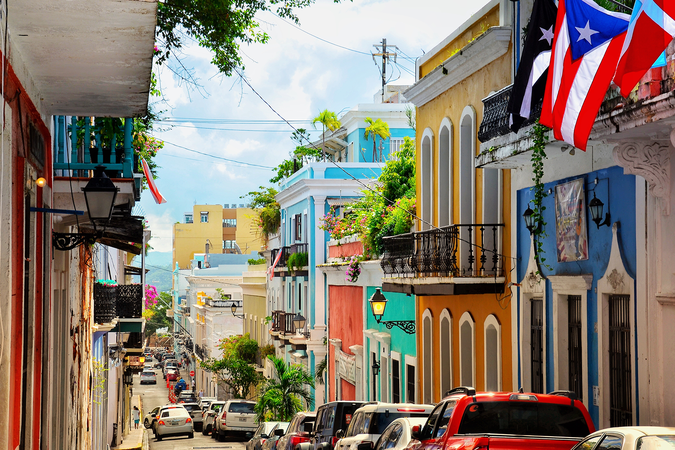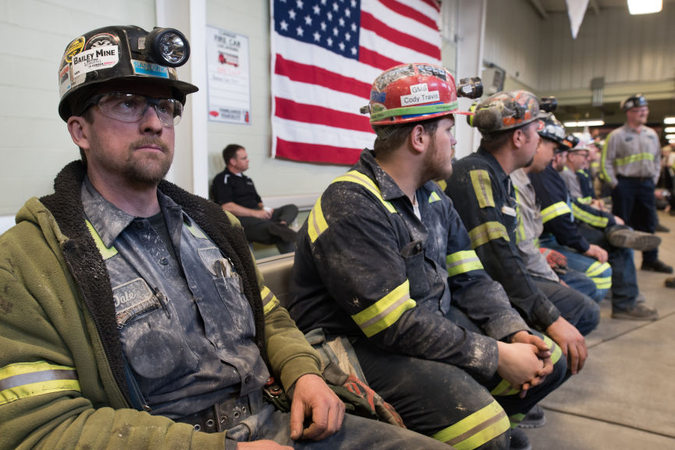New Episode of Resources Radio: “Space Resources: Exploring the Final Frontier, with Alex Gilbert”
WASHINGTON, DC—Resources for the Future (RFF) today released a new installment of Resources Radio: “Space Resources: Exploring the Final Frontier, with Alex Gilbert.”
In this episode, host Daniel Raimi talks with Alex Gilbert, a fellow at the Payne Institute for Public Policy at the Colorado School of Mines and a PhD student in the emerging field of space resources development. Although essential resources likely are plentiful on the moon, Mars, and elsewhere in outer space, we have less certainty over where, precisely, these resources are; what technology is necessary to extract them; and what types of economic development are legally permissible in outer space. Still, Gilbert contends that boundless opportunities exist for commercial exploration outside Earth—and that the United States, with its innovative rocket companies and long-running government space agency, could be the nation that leads the way.
Notable quotes from the podcast:
- Prospecting for minerals and metals outside Earth: “We have an idea that these resources are out there, but we don't know how much. We don't know necessarily where all of them are. One of the key things that we need to figure out is, How do we establish enough ground truth about the resources that are there before we can start a commercial extraction mission? We're really at a prospecting stage.” (8:15)
- Investing in space is a necessity, not a luxury: “There's often a question of, Is it worth it for us to spend money on space when we have so many problems back on Earth? That's why we need to spend money on space. Space helps issues back on Earth. What if we didn't have our weather satellite system? The potential safety risks involved, the economic damages—so many countries benefit from that [technology].” (21:48)
- Economic development in outer space cannot ignore environmental impacts: “There's this idea that space resources are virtually unlimited—that, because there's no one up there, we can't do any sort of environmental damage. I reject that categorically. A lot of those arguments ... mirror arguments that we've seen in the past about the American West, or about the oceans being unlimited and pristine areas that we can do whatever we want with. Every single time those arguments occur, usually what happens is that we then over-exploited things, and we caused damages that have all sorts of social and economic [consequences] years later. When we look to outer space, we really need to think about things from an environmental perspective from the very beginning.” (27:20)
Resources Radio is a weekly podcast series exploring timely environmental, energy, and natural resources topics. Episodes can be found on Apple Podcasts, Google Play, Soundcloud, Spotify, and Stitcher.
Resources for the Future (RFF) is an independent, nonprofit research institution in Washington, DC. Its mission is to improve environmental, energy, and natural resource decisions through impartial economic research and policy engagement. RFF is committed to being the most widely trusted source of research insights and policy solutions leading to a healthy environment and a thriving economy.
Unless otherwise stated, the views expressed here are those of the individual authors and may differ from those of other RFF experts, its officers, or its directors. RFF does not take positions on specific legislative proposals.
For more information, please see our media resources page or contact Media Relations and Communications Manager Annie Tastet.



